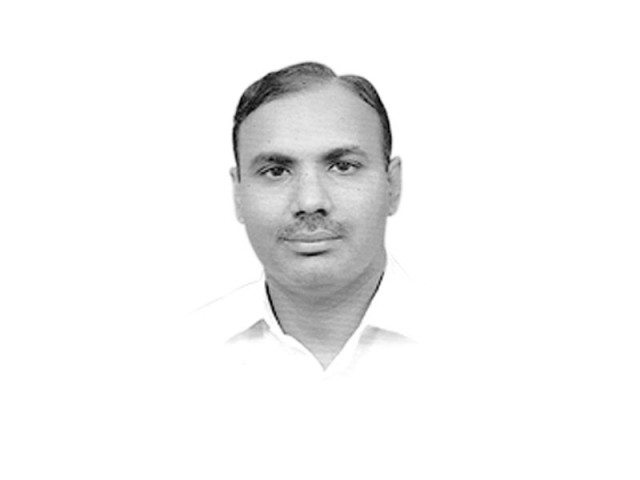Achieving Agenda 2030
Development and economic growth are poised to make Pakistan grow exponentially in the coming years

The writer is a development professional
With a population of 9.8 million stunted children, Pakistan is globally ranked third with the greatest number of children under five suffering from stunted growth. Placed 107th in a ranking of 118 developing countries, Pakistan performed worse than most of its neighbours in eliminating hunger. Compounding these development indicators is the alarming fact that Pakistan already ranks among the top seven countries most affected by climate change. Nevertheless, Pakistan is a country with huge potential. Development and economic growth are poised to make Pakistan grow exponentially in the coming years. After a long time, Pakistan’s economy is on the rise and the country has witnessed improvements in its political and security situation. The long-awaited population census exercise was finally held after a delay of 19 years and provided essential information for planning of any socioeconomic reforms in the country.
In September 2015, the UN member states adopted the 2030 Agenda for Sustainable Development to guide international, regional, and national development efforts for the next 15 years. The agenda has 17 goals and 169 targets covering the economic, social and environmental dimensions of development. Unlike the MDGs, the SDGs call upon all nations to participate on a global scale to help alleviate global poverty and protect people and environment. While the MDGs were formulated through a top-down process, the SDGs were developed through the most inclusive participatory process of face-to-face consultations and citizen inputs on websites. They take into account different national realities, capacities and levels of development while respecting national policies and priorities.
The government has established SDG Support Units at federal and provincial levels with assistance from the UN, and has created the SDG secretariat within parliament. At the provincial level specifically, the government has begun the process of integrating the SDGs, including establishing approaches for the analysis of Annual Development Plans to help identify gaps in progress and financial allocations. There has been a concerted effort by the government to involve all relevant stakeholders at the consultation level so any challenges to the effective delivery of SDGs are not hindered. Given the wider scope of SDGs and the increased number of targets and indicators, active participation of all key government agencies is needed alongside the creation of a centralised coordinating and reporting mechanism. SDGs will require across-the-board reforms in Pakistan to set up effective and accountable institutions. There is a need to facilitate mutually reinforcing policies across government departments and agencies.
Much of the 2030 Agenda will be implemented at local and sub-national level, and local authorities will have a critical role in implementing the SDGs and ensuring that no one is left behind.
Academia has a major role in the implementation of SDGs. Science provides the basis for new and sustainable approaches, solutions and technologies to meet the challenges of sustainable development. The role of science in the implementation of the SDG on water will be particularly important, as tackling water challenges requires both sound policies, supported with adequate resources and new scientific approaches to deploy sustainable solutions and appropriate technologies.
Published in The Express Tribune, June 2nd, 2018.
Like Opinion & Editorial on Facebook, follow @ETOpEd on Twitter to receive all updates on all our daily pieces.















COMMENTS
Comments are moderated and generally will be posted if they are on-topic and not abusive.
For more information, please see our Comments FAQ